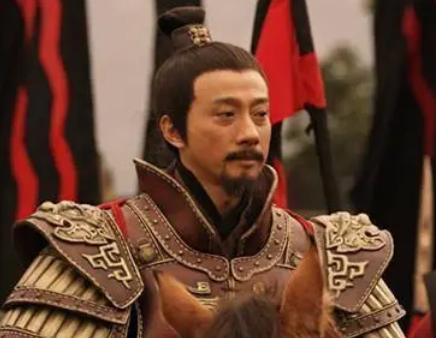In the ancient history of China, there were numerous cases of peasant revolts and rebellions, and these revolts were often accompanied by inspiring slogans. These slogans were not only a direct expression of the rebels' aspirations, but also an important tool for them to unite the masses and call for revolt. A successful slogan can stimulate people's emotions, unite consensus, and even change the course of history. This article will explore the importance of slogans needed for ancient rebellion and their underlying meanings.

I. The Mobilizing Effect of Slogans
In ancient times, due to the generally low cultural level of the people, slogans became an effective means of transmitting information and stimulating emotions. Concise and powerful slogans are easy to spread and can quickly resonate with the crowd. For example, the Yellow Turban Rebellion at the end of the Eastern Han Dynasty proposed the slogan "Heaven has died, and the Yellow Turban should reign," which directly proclaimed the end of the old order and the establishment of a new order, greatly boosting the morale of the rebels.
II. The Political Significance of Slogans
Slogans often contain the political demands and goals of the rebels. It can clearly identify the target and reason for rebellion, providing legitimacy for the rebellion action. For example, Li Zicheng, the leader of the peasant rebellion at the end of the Ming Dynasty, proposed the slogan "Overthrow corrupt officials and eliminate bullies," which directly pointed out the problem and gained widespread popular support. Through slogans, rebels can shape themselves as representatives of justice, enhancing trust and support from the masses.
III. The Social Impact of Slogans
A loud slogan can not only inspire people's fighting spirit in the present, but also leave a profound imprint on history. It can reflect the social contradictions and people's aspirations of an era, exerting a profound influence on later generations. For example, the "Heavenly Fields System" slogan of the Taiping Heavenly Kingdom, although gradually fading from people's sight after its failure, still has its historical value and enlightening significance, reflecting the aspiration for an equal society.
IV. The Limitations of Slogans
Although slogans play an important role in mobilization and propaganda, they also have their limitations. An empty or overly idealistic slogan may not be able to solve practical problems and may even lead to the failure of the rebellion. Therefore, the formulation of slogans needs to be closely combined with actual situations, ensuring that they are both appealing and can guide practical actions.
Conclusion:
In ancient China, slogans were an important tool for rebels to convey their will and rally forces. A good slogan can stimulate the emotions of the masses, unite people's hearts, and even change the direction of history. However, the success of slogans also depends on whether they can reflect real needs and solve problems. Regardless, slogans, as a special form of political language, have left an indelible imprint on history.
Disclaimer: The above content is sourced from the internet and the copyright belongs to the original author. If there is any infringement of your original copyright, please inform us and we will delete the relevant content as soon as possible.































